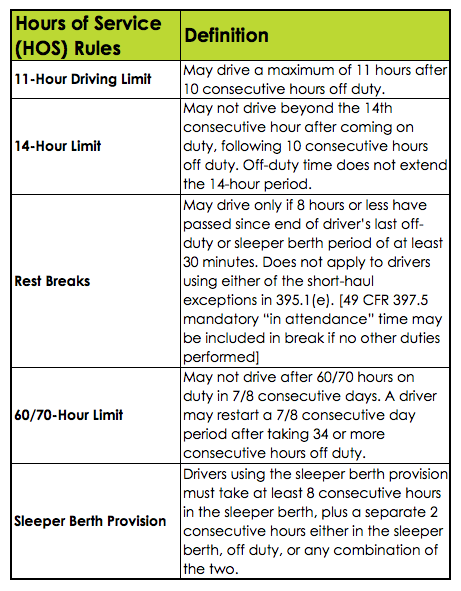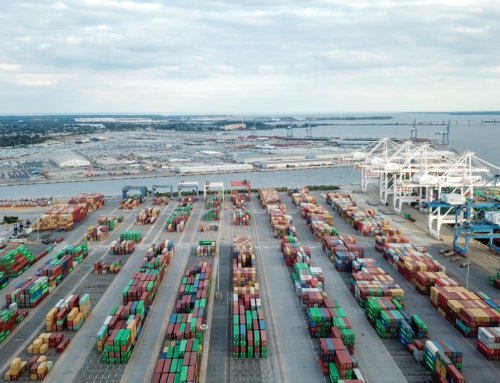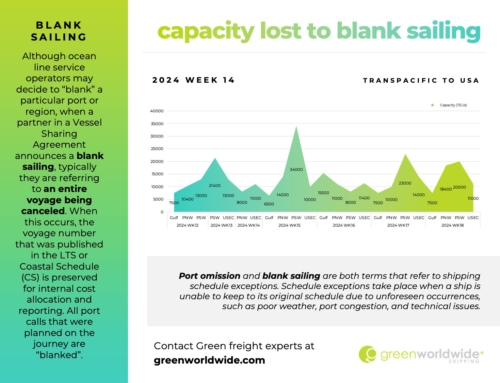U.S. importers and exporters not budgeting or preparing for the impact of the electronic logging device (ELD) rule are in for a surprise next quarter. The electronic logging device (ELD) rule is part of the Moving Ahead for Progress in the 21st Century Act (MAP-21) transportation reauthorization bill signed into law by President Obama in 2012. Fast forward five years and the U.S. trucking industry is reeling as the law goes into effect this Dec. 18th. Lobbying by the American Trucking Associations (ATA) and trucker protests have fallen on deaf ears at Capitol Hill as the deadline looms closer.

Established to help create a safer work environment for drivers, and make it easier and faster to accurately track, manage, and share records of duty status (RODS) data, ELDs synchronize with a vehicle’s engine to automatically record driving time, for easier, more accurate hours of service (HOS) recording.
Domestic trucking is notorious for false HOS reporting. Drivers often stretch past the Federal Motor Carrier Safety Administration’s (FMCSA) Hours of Service Final Rule guidelines resulting too often in collisions and fatalities. In 2017, reports of false log violations increased by 11.5% with over 30,000 drivers placed out-of-service by law enforcement.
Unfortunately, shippers that hold up drivers at delivery are a significant contributor to the growing epidemic. Whether importing, exporting or delivering final-mile, the industry will no longer be able to squeeze extra capacity from overworked drivers. The current 50,000 truck driver shortage will aggravate capacity further as violators are pulled off the road at the end of the April 1, 2018 grace period.
Shippers should be prepared to:
- Evaluate route lengths for drop-and-pick deliveries;
- Ensure adequate warehouse labor for unloading;
- Maintain available dock space for deliveries;
- Prepare for higher rates and tighter capacity.
Who is exempt from the ELD rule?
Drivers who use the timecard exception are not required to keep records of duty status (RODS) or use ELDs. Additionally, the following drivers are not required to use ELDs; however, they are still bound by the RODS requirements in 49 CFR 395 and must prepare logs on paper, using an Automatic On-Board Recording Device (AOBRD), or with a logging software program when required:
- Drivers who use paper RODS for not more than 8 days out of every 30-day period.
- Drivers of vehicles manufactured before 2000.
- Drivers who are required to keep RODS not more than 8 days within any 30-day period.
- Drivers who conduct drive-away-tow-away operations, where the vehicle being driven is the commodity being delivered, or the vehicle being transported is a motor home or a recreation vehicle trailer with one or more sets of wheels on the surface of the roadway.
- Drivers of vehicles manufactured before the model year 2000. (As reflected on the vehicle registration)
For more information, visit the FMCSA’s Electronic Logging Devices information page.






